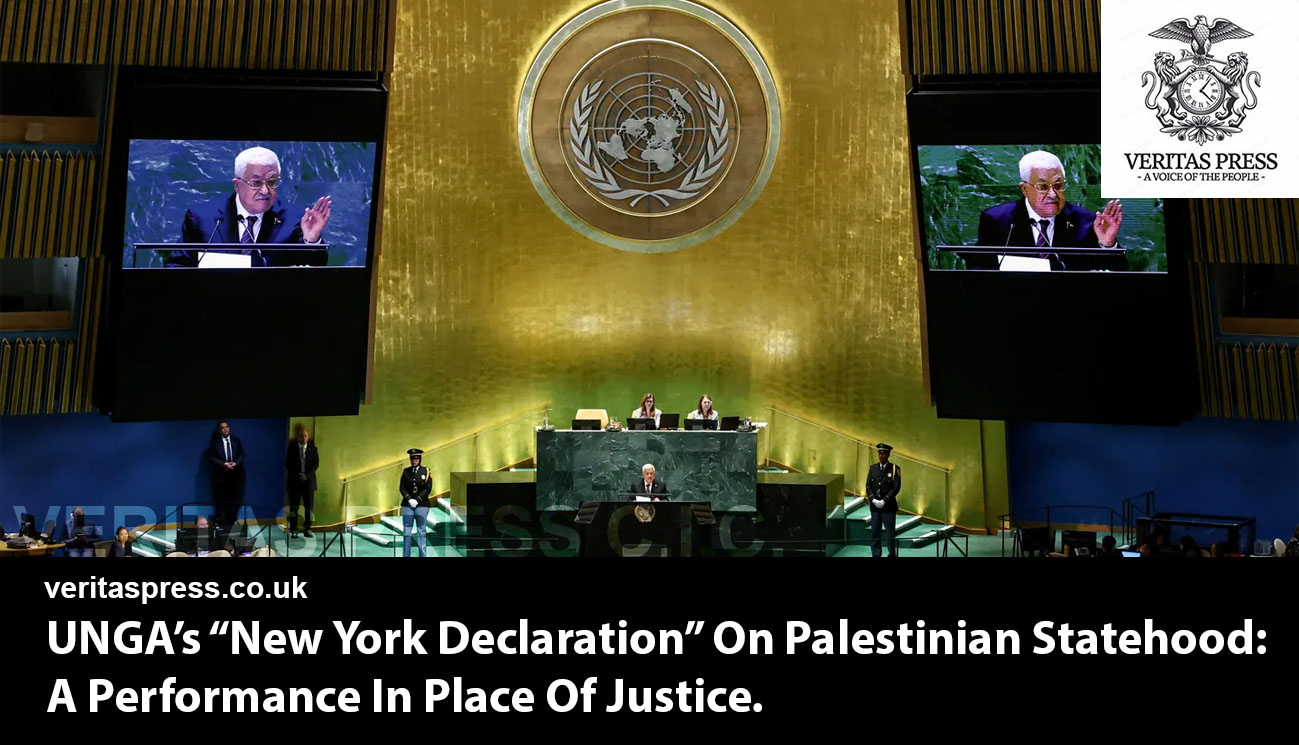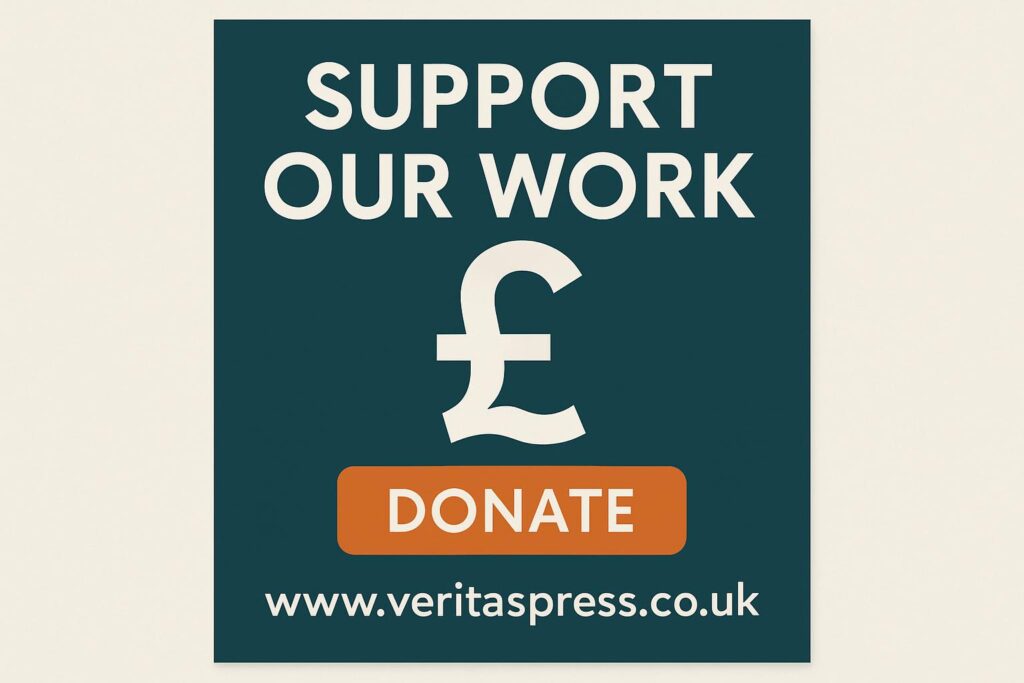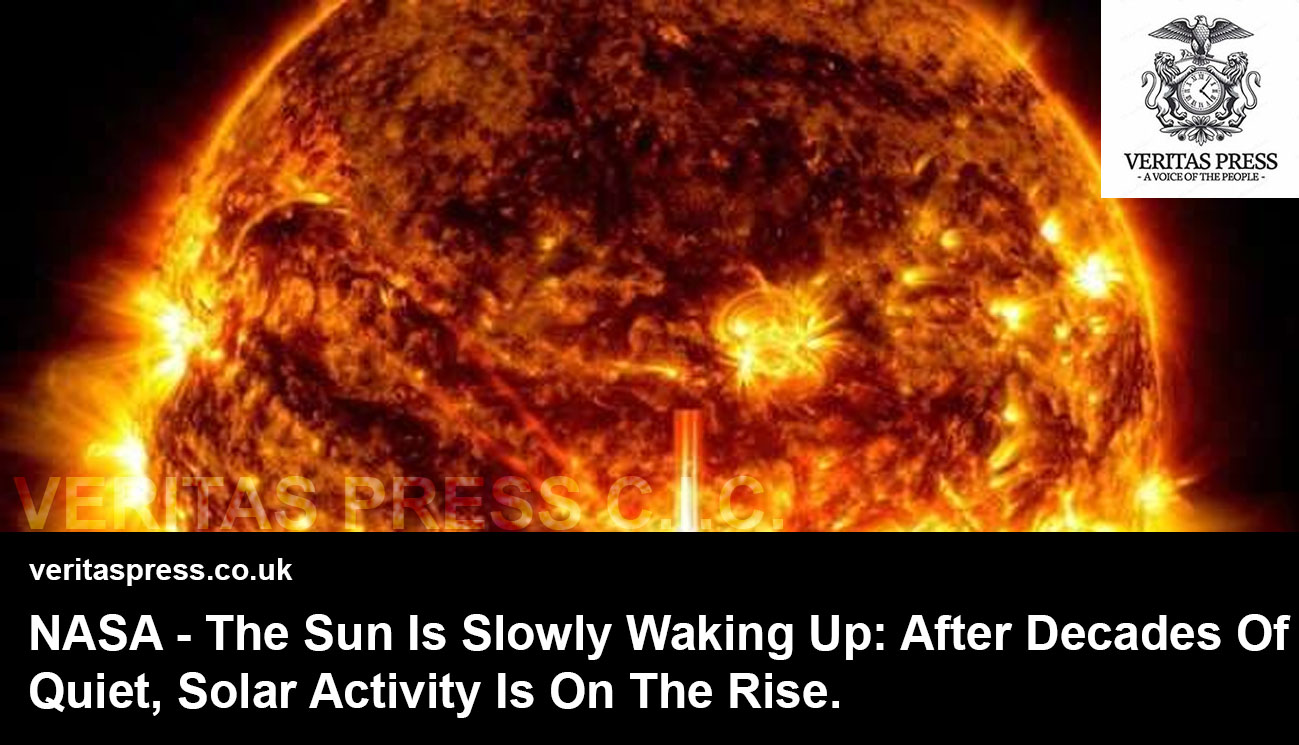A Resolution Without Teeth:
On September 12, 2025, the United Nations General Assembly (UNGA) overwhelmingly adopted the “New York Declaration on the Peaceful Settlement of the Question of Palestine and the Implementation of the Two-State Solution.” France and Saudi Arabia spearheaded the initiative, which won the backing of 142 member states, with just 10 opposed and 12 abstaining.
On the surface, this appeared historic: an overwhelming global mandate for Palestinian statehood, amid a war in Gaza that has lasted nearly two years. But beneath the applause, the reality is stark: this is not a game-changer. It is another in a long line of symbolic gestures, non-binding statements, and diplomatic theatre that leave Palestinians with more rhetoric than rights, and more funerals than freedom.
What The Declaration Says, And What It Avoids:
The text outlines familiar talking points:
- Two-State Solution Roadmap: It calls for a “time-bound” path to a Palestinian state.
- Condemnation of Violence: It condemns both the Hamas attacks of October 7, 2023, and Israel’s ongoing bombardment, siege, and forced displacement of civilians in Gaza.
- Hamas Disarmament: It demands that Hamas hand over weapons to the Palestinian Authority (PA), effectively excluding it from any future political arrangement.
- International Stabilisation Force: It proposes a temporary multinational mission under a UN Security Council (UNSC) mandate to help the PA govern Gaza and provide security.
Yet, the resolution’s non-binding nature and its reliance on UNSC approval mean its provisions are almost certainly unenforceable. Any stabilisation mission would require U.S. support at the UNSC, support Washington has not given to even mild censures of Israel.
Israel’s Rejection, U.S. Obstruction:
Unsurprisingly, Israel dismissed the declaration as a “prize for terror” and “a disgrace.” Prime Minister Benjamin Netanyahu vowed to “fulfil our promise that there will be no Palestinian state,” echoing his longstanding rejection of Palestinian sovereignty. Within days of the UNGA vote, Israel approved major settlement expansions in the West Bank’s E1 corridor, a move widely seen as a death blow to any viable two-state map.
The U.S. branded the resolution “misguided and ill-timed,” claiming it undermines diplomacy and emboldens Hamas. Washington went further: it announced it would deny visas to Palestinian Authority officials planning to attend the UNGA, effectively silencing Palestinian diplomacy on U.S. soil. France, Spain, Türkiye, and the EU condemned the decision, calling it a violation of international law and the UN Headquarters Agreement.
This juxtaposition, U.S. veto power in New York and Israel’s bulldozers in the West Bank, lays bare the impotence of symbolic votes.
On The Ground In Gaza: Genocide By Attrition.
As diplomats voted in New York, Gaza entered its 23rd month of war. The humanitarian situation is catastrophic:
- More than 100,000 Palestinians were killed, according to Gaza’s health authorities.
- Entire neighbourhoods flattened; hospitals, schools, and refugee camps bombed.
- Famine conditions are emerging in northern Gaza, with the UN warning of grave shortages of food and fuel.
- Nearly two million displaced, many living in tents or rubble with no sanitation.
Last week, a UN Commission of Inquiry formally concluded that Israel’s campaign in Gaza constitutes genocide under the Genocide Convention. Yet the New York Declaration does not call for sanctions, an arms embargo, or accountability at the International Criminal Court. Instead, it calls vaguely for “targeted actions” against individuals, a euphemism that has already failed to deter settlement leaders, many of whom face token sanctions while still dictating Israeli policy.
The Contradictions Of “Non-Violence”:
The declaration couches itself in the language of non-violence. It calls for disarmament of “non-state actors” while proposing a foreign stabilisation mission to enforce this disarmament. But history offers a cautionary tale:
- UNIFIL in Lebanon coordinates with Israel, yet is routinely bombed, harassed, and prevented from defending civilians.
- A Gaza stabilisation force would not confront Israel’s military occupation; it would police Palestinian resistance.
The contradiction is glaring: non-violence for Palestinians, militarised enforcement for the PA, and impunity for Israel.
Moreover, the resolution’s call to “de-radicalise” Palestinian school curricula echoes Israeli talking points, while ignoring Israel’s own state-sanctioned incitement. In practice, this would mean more pressure on UNRWA schools already under siege, while Israeli textbooks glorifying settlers remain untouched.
The Broader Pattern: Symbolism As Cover For Complicity.
This declaration is not an anomaly, it is part of a decades-long pattern:
- The UNGA passes resolution after resolution on Palestinian rights, almost all symbolic, unenforceable, or vetoed at the UNSC.
- Western governments use these votes as moral cover while continuing to arm Israel, host its leaders, and profit from trade.
- Arab League and Islamic summits issue rhetorical communiqués while maintaining security ties and commercial relations with Israel.
The New York Declaration, like those before it, gives the illusion of global consensus without the mechanisms of enforcement.
Who Has Applied Real Pressure?
If the measure of seriousness is actual pressure on Israel to halt its genocide, only a handful of actors qualify:
- Ansarallah in Yemen, whose Red Sea blockade disrupted Israeli trade routes.
- Hezbollah in Lebanon, which engaged Israel militarily at enormous cost.
- Iran, which provided material support and endured U.S. attacks in retaliation.
- South Africa, which brought Israel before the International Court of Justice for genocide.
These are the rare exceptions where words translate into consequences. By contrast, the international community has either condemned these actors or sought to neutralise their pressure.
What Real Accountability Would Require:
If the “international community” were serious about Palestinian statehood, the path would be straightforward:
- An immediate arms embargo on Israel by its principal suppliers.
- Economic sanctions are tied to ending the occupation, lifting the Gaza blockade, and halting settlement expansion.
- Enforcement of ICJ and ICC rulings with material consequences for violators.
- A robust UN force mandated not to disarm Palestinians but to protect civilians and ensure Israeli withdrawal.
None of these appear in the New York Declaration.
Conclusion: Statehood Without Justice Is Another Colonial Trick.
The New York Declaration is not a roadmap to freedom; it is a smokescreen for prolonging Palestinian dispossession. By demanding disarmament of the occupied while shielding the occupying power, it inverts the very idea of justice. It asks the colonised to surrender their means of survival while rewarding Israel with more time to annex land, starve Gaza, and bury the possibility of Palestinian sovereignty under concrete and rubble.
The language of “peaceful settlement” is revealed as a ritual of pacification, not for Israel, which continues to bomb, starve, and colonise with impunity, but for Palestinians, who are told their liberation must be indefinitely postponed for the comfort of Western capitals. This is not diplomacy. It is crisis management on behalf of the empire, where symbolism replaces accountability and international law is enforced only against the powerless.
History shows that no coloniser has ever been persuaded into ending occupation by non-binding declarations. Apartheid South Africa did not collapse because of General Assembly votes but because of sanctions, boycotts, and a global movement that made complicity too costly. Israel faces no such deterrent today, only indulgence, arms shipments, and political cover.
The bitter truth is that the only actors who have shifted Israel’s calculus are those willing to impose material costs, whether South Africa at The Hague, Yemeni blockades in the Red Sea, or grassroots boycott campaigns worldwide. The New York Declaration, by contrast, offers Palestinians recognition without sovereignty, sympathy without protection, statehood without self-determination.
Palestinians are not fighting for a paper state circumscribed by checkpoints, settlements, and foreign troops. They are fighting for liberation from a system the UN itself has now named as genocide. To treat this moment as a diplomatic puzzle rather than a crime scene is to participate in the cover-up.
Until the international community confronts the reality that Israel’s regime of siege, starvation, and settlement is incompatible with Palestinian survival, every “declaration” will remain what this one is: a colonial trick dressed in UN language. Real justice begins not with resolutions, but with resistance, accountability, and the dismantling of impunity. Anything less is complicity.






























Leave a Reply